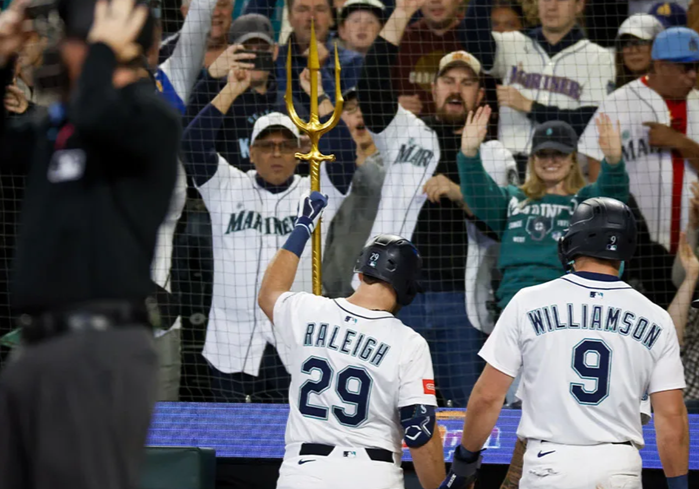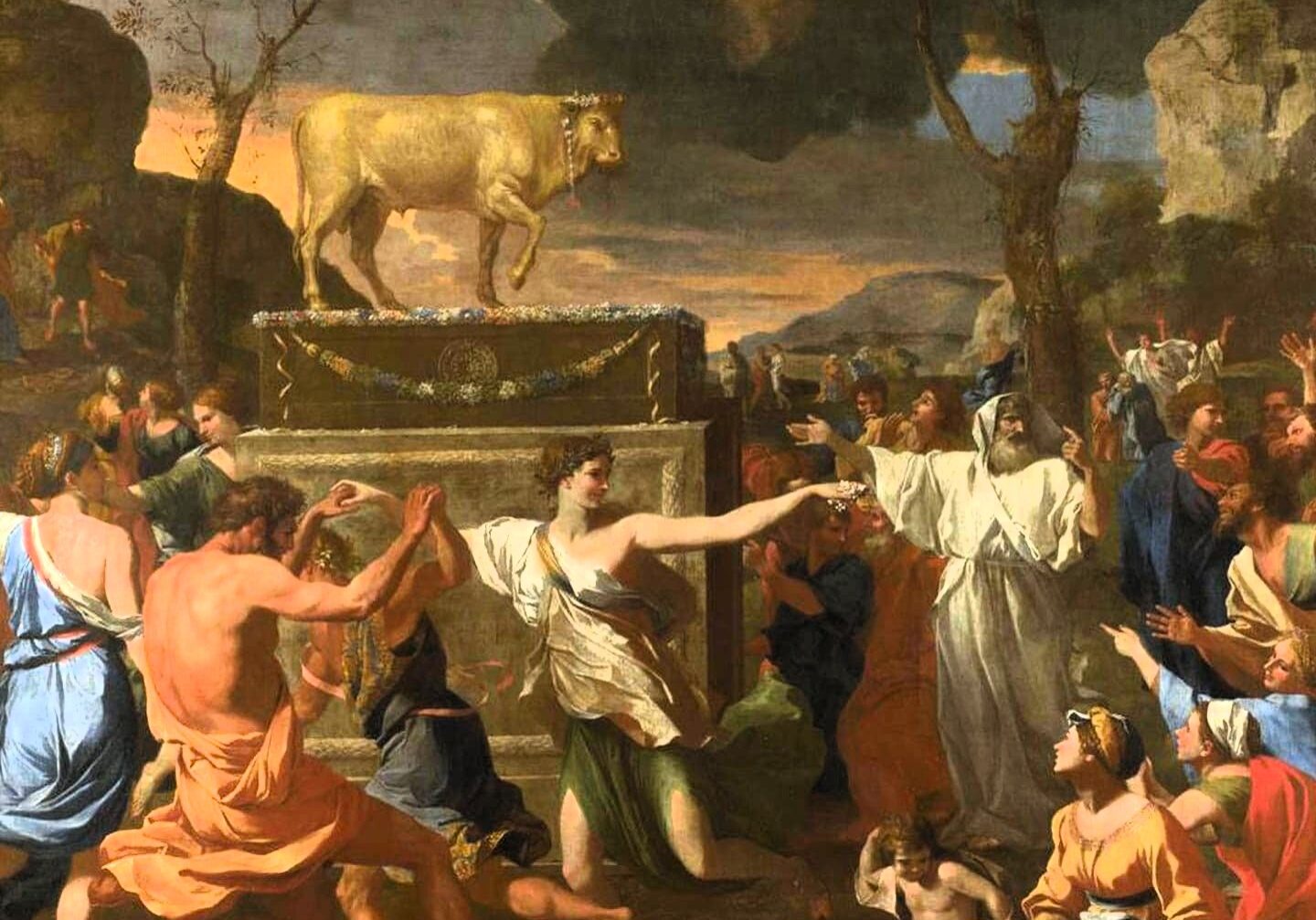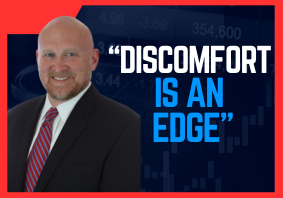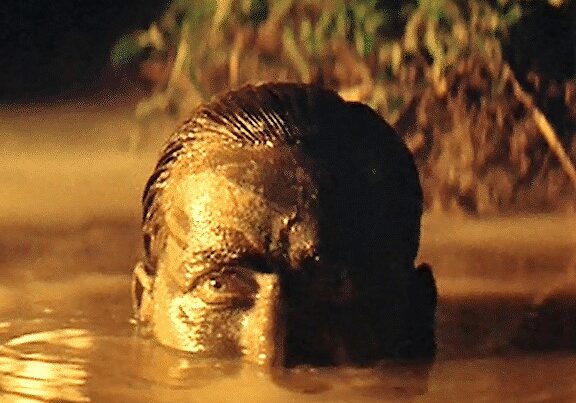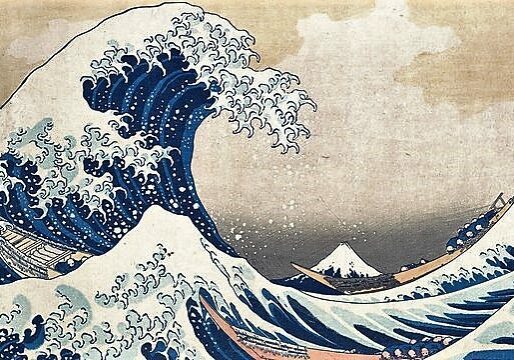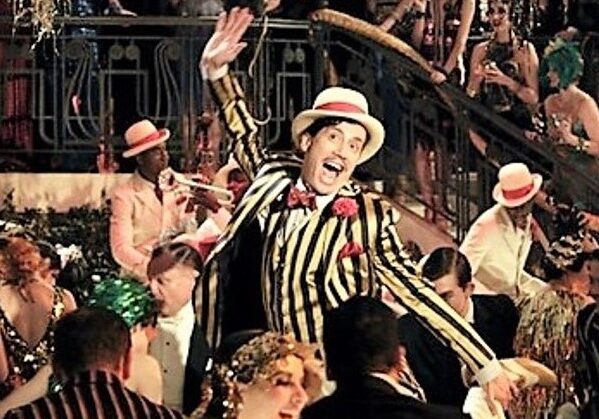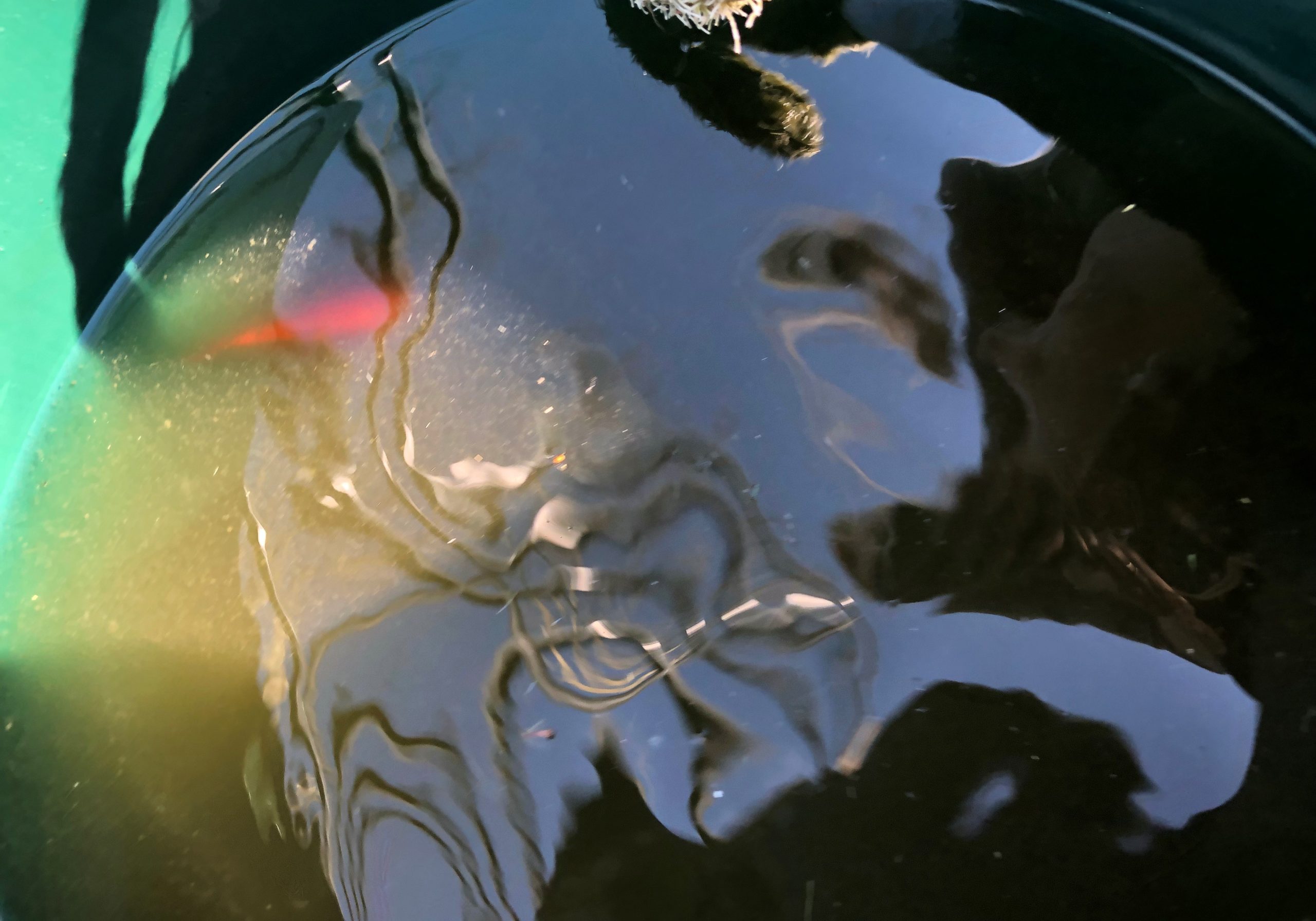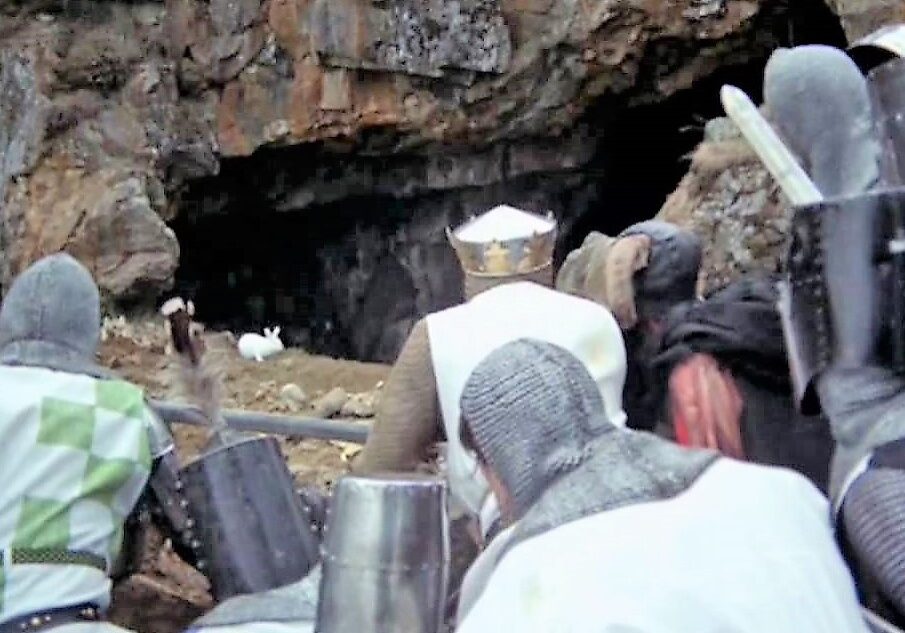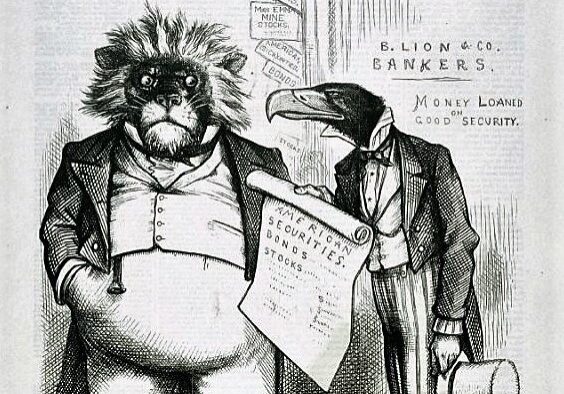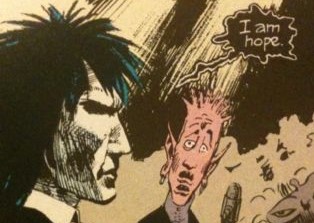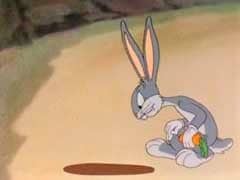We have suffered a devastating flood in Texas.
I believe an even more devastating Flood is to come.
Now we must build an Ark of story. Now we must build an Ark of love.

My friend’s older brother dubbed us a copy on tape, told us it was cool, and that it was fun to sing along to, so we should start learning the words. We all knew “Fight for your Right” from MTV, and how that was a great jukebox/school dance singalong of an excuse to get rowdy. But the whole tape, it was a portal, and one of many building blocks that shaped my mid-90’s obsession with the mid-80’s burgeoning hip-hop scene.
There’s something about that first phase of hip-hop I keep coming back to when I think about AI. New tools, new sounds, new styles. New art, new culture. New rules – to be made and broken. Let me try to explain one corner of the connection to you and why I think it matters, inspired by a series of Seth Godin posts and me playing Beastie Boys to my nephews in the car recently.
“And on the cool check-in, center-stage on the mic / and we puttin’ it on WAX / It’s the newwwww styyyle”
n 1986, three New York City kids did what teenage best friends do best: they made each other laugh. Now, the trick – and it’s a timeless trick, to getting your friends to laugh – is you have to do this mix of surprising them AND calling back to other shared somethings.
You’ve got to hold it up, or, “hold it now,” and then – “hit it.”
Read more at cultishcreative.com
Nothing Good Ever Happens in Philadelphia, According to Bones
Sometimes the most extraordinary stories come from the most ordinary encounters. Bones’ tale of surviving a race riot in a Philadelphia hotel, being saved by a knife-wielding marine, and hiding in a stopped elevator reveals how strangers can become unlikely heroes in moments of crisis. His story connects to larger themes about urban experience, random kindness, and how single traumatic events can shape our entire worldview about places and people.
Art is Expression, Commerce is Separate
The brutal math of creativity reveals both challenge and opportunity: 86% of Americans say arts improve their communities, 79% attend cultural events, but only 13% of artists earn full-time livings from their work. Rather than crushing creative spirits, this gap should reframe our understanding of success. The quality of human expression has nothing to do with commercial viability, and that separation actually liberates us to create meaningful work regardless of market forces.
Grow Your Network: Bob Seawright Is A Cross-Generational Sports Investment Philosopher
The deeper dive into Bob’s philosophy reveals three crucial frameworks that extend far beyond sports: accountability creates consequences that drive performance, shared live experiences create irreplaceable community bonds, and cross-generational wisdom flows both ways. His love of promotion and relegation systems shows how real consequences eliminate the “idiot owner” problem, while his relationship with his grandchildren demonstrates how the best intergenerational connections involve mutual learning and playful competition.
The Social Cost of Incompetent People
Larry McMurtry’s observation that “incompetents invariably make trouble for people other than themselves” cuts to the heart of why skill development isn’t just personal improvement – it’s social responsibility. When we flip the script, competence becomes a form of kindness that reduces friction and burdens for everyone around us. In a world drowning in unnecessary complexity, choosing to be genuinely good at what we do is an act of community care.
Read more at cultishcreative.com
It’s 9am on a Sunday, and my wife and I are currently 2 hours and 177 miles behind schedule. We’re sitting in a tire shop, with a screw puncturing the side wall on our front, passenger tire, and wondering why they’re blasting old episodes of “Saved by the Bell” so loudly.
There’s a guy directly across from us busy on his phone. He won’t say anything to us for the entirety of our wait. But there’s another guy coming inside, who just finished a cigarette out front, and now that he’s ready to sip his coffee as he sits down at our immediate left and eyes us up.
“Phillies fans, eh” he says. We both have Phillies hats on. This is not an episode of Sherlock Holmes.
“We are!” my wife politely tells him. I can already tell there’s a story here we’re about to get. My wife can too, we both have that weird thing where people look at us and want to overshare, but she’s not exactly in the mood for that and tries to change the subject quickly with, “What about you – who’s your team.”
“I like the Mets.” “Uh-oh,” my wife adds, jokingly. “Yeah, I just couldn’t ever support a team from Philadelphia, nothing good ever happens to me in that city,” he responds.
“Here we go,” I say to myself. My wife taps my leg to echo my thought. Somewhere above us Zack Morris is sweet talking a character named Stacey, that I can’t quite picture but I’ll swear she’s wearing a leather jacket in this scene, and he’s talking her into participating in the 4th of July Miss Liberty pageant. I somehow remember there’s a voting scandal or something in this episode but… ADHD takes back over and I look at the Mets fan who’s about to tell us a story.
Read more at cultishcreative.com
Do you know Bob Seawright? He’s a brilliant financial writer, sports enthusiast, and cross-generational community builder who writes “The Better Letter” on Substack.
If not, allow me to introduce you. Bob is someone who sees the deep connections between sports, investment philosophy, and human behavior across generations. He’s been a Manchester United fan since before the Premier League existed and coaches his grandchildren while watching games with them every weekend. I wanted to connect with him because he embodies something I value deeply: the ability to find profound wisdom in everyday shared experiences, whether that’s a soccer match or a family gathering.
Our conversation is LIVE now on the Just Press Record YouTube channel (and this Cultish Creative Playlist). Listen and you’ll hear us dive deep into sports as community assets, the psychology of fandom across generations, and why accountability matters more than talent in building lasting success.
Read more at cultishcreative.com
“When I was a kid” is usually the sign of an incoming bad argument. Well, maybe not bad, but definitely flawed. And the person saying it usually isn’t acknowledging the flaw which is part of the issue.
Bob Seawright isn’t the type to avoid a flaw though. With him, it’s all and always about exposing nuance. So you have to pay extra close attention when he says, but mostly observes, that the shift from three TV stations when he was a kid to infinite streaming options today means way more of life has changed than just what we watch.
Infinite options means less common ground for starters. Not that topics have become uncommon, but with so many topics to choose from, we’ve come a long way from 100 million+ final Mash viewers to me wondering where the water cooler in some obscure corner of twitter is for the 67 people who watched what I otherwise believe to be an incredibly thoughtful Just Press Record solo episode with Matt Reustle.
Bob isn’t opining the death of monocultural experiences. That’s not his style. He is pointing out the nuance of finding new micro-cultural experiences to keep some quality in human existence.
Read more at cultishcreative.com
The cure for the cancer of gun culture and police culture is not to be found in reform laws around guns and police, but in reform ideas around culture, ideas that create a new dimension of American society that rejects LARPing and LARPers alike.
Inflation
What made Bitcoin special is nearly lost, and what remains is a false and constructed narrative that exists in service to Wall Street and Washington rather than in resistance.
The Bitcoin narrative must be renewed. And that will change everything.
This Time Last Year
Sorry, we couldn't find any posts. Please try a different search.
Crypto
Recent Notes
Things Fall Apart (Part 4)
Take back your vote.
Take back your distance.
Take back your data.
How to make our way as citizens in a fallen world, with Clear Eyes and Full Hearts to make it better.
That’s Just Putting On a Nice Sweater
When something becomes as necessary, accepted and right-sounding as ‘process’, it can be tough to tell the difference between the Cartoon and the genuine article.
Cards of Control and a Brave Little Toaster
All the tech links you need for a great weekend read.
You Had A Stamp Collection?
A quick note on no-coiners, people (like me) who have never owned Bitcoin, but have just watched from afar. We’re being played. Not to buy Bitcoin, but to obey the logic of the flock.
When That Fire Hits
Our brains’ responses to memes are mostly existential – fight or flight. We can’t turn off these responses. But we can train our behavior to question them.
The Sicilian Offense
I don’t know that any investor’s mean expectation for Amazon ought to have moved an inch. But should a poorly played metagame change investors’ probabilistic outlook? I think so.
I Know Why the Caged Bird Speaks
In the construction of Fiat News, it’s the choice of facts and the choice of words that preserve the power to make us feel. Because that’s the only thing that really matters – how do the words make you FEEL?
Working to Protect the World from Bananas
With technology, even totalitarian surveillance technology, there typically is no ‘big bang’, just a bunch of independent systems coming on line, getting networked together, and then a tipping point. We’re there with China.
Foundation and Empire
How can US household net worth continue to outpace US economic growth if the Fed won’t play ball with easy monetary policy? History shows another way to keep the party going
The Fiat News Index
Common criticisms of the news media tend to focus on bias. But when it comes to learning to resist the unavoidable influence of narrative and meme on our brains, our focus should be on how much we allow others to explain things to us. We’re working on tools to allow citizens to do exactly that.
Notes from the Diamond #4: Less Is More
Peer group comparisons are the primary measuring stick of both baseball GMs and investment PMs. Here’s how they are used and (more often) abused.
Infrastructure Week!
There’s a dog that didn’t bark in the midterm campaign. And its silence tells me a lot about where this country is going.
Hey, Maybe It’s the Needle
A good model isn’t just right. A good model has to be relevant. And in a world of abstraction and narrative, engaging in relevant ways demands much more of us.
Control Point
Neville Crawley, CEO of Kiva, returns to Epsilon Theory with “Rabbit Hole”, a regular series of notes on the nexus of government, society and technology.
Draft Day
We are wired to associate outcomes with the biggest single visible variance. This is a process-breaking flaw for general managers and portfolio managers alike.
ET In the News: Midterm Election Edition
A round-up of the most representative stories about the midterm elections between 9/30/2018 and 11/5/2018.
The Madame Bovary Effect
One way or another, boredom must be eliminated. It’s as much an iron law of markets as the impact of greed and fear. And it’s just as powerful.
You Are What Your Record Says You Are
It’s the defining quote for any performance-based social system, whether it’s football, politics, or markets. So let me ask you this: who owns your record?
Kings Unwilling
Humility is in short supply on Wall Street. But the humility! meme is not. Developing a process to understand the difference is important for any asset allocator.
Announcing Epsilon Theory Live
Ben and I are pleased to announce the launch of Epsilon Theory Live – our audio/visual supplement to the existing written Epsilon Theory content! Epsilon…

My friend’s older brother dubbed us a copy on tape, told us it was cool, and that it was fun to sing along to, so we should start learning the words. We all knew “Fight for your Right” from MTV, and how that was a great jukebox/school dance singalong of an excuse to get rowdy. But the whole tape, it was a portal, and one of many building blocks that shaped my mid-90’s obsession with the mid-80’s burgeoning hip-hop scene.
There’s something about that first phase of hip-hop I keep coming back to when I think about AI. New tools, new sounds, new styles. New art, new culture. New rules – to be made and broken. Let me try to explain one corner of the connection to you and why I think it matters, inspired by a series of Seth Godin posts and me playing Beastie Boys to my nephews in the car recently.
“And on the cool check-in, center-stage on the mic / and we puttin’ it on WAX / It’s the newwwww styyyle”
n 1986, three New York City kids did what teenage best friends do best: they made each other laugh. Now, the trick – and it’s a timeless trick, to getting your friends to laugh – is you have to do this mix of surprising them AND calling back to other shared somethings.
You’ve got to hold it up, or, “hold it now,” and then – “hit it.”
Read more at cultishcreative.com
Nothing Good Ever Happens in Philadelphia, According to Bones
Sometimes the most extraordinary stories come from the most ordinary encounters. Bones’ tale of surviving a race riot in a Philadelphia hotel, being saved by a knife-wielding marine, and hiding in a stopped elevator reveals how strangers can become unlikely heroes in moments of crisis. His story connects to larger themes about urban experience, random kindness, and how single traumatic events can shape our entire worldview about places and people.
Art is Expression, Commerce is Separate
The brutal math of creativity reveals both challenge and opportunity: 86% of Americans say arts improve their communities, 79% attend cultural events, but only 13% of artists earn full-time livings from their work. Rather than crushing creative spirits, this gap should reframe our understanding of success. The quality of human expression has nothing to do with commercial viability, and that separation actually liberates us to create meaningful work regardless of market forces.
Grow Your Network: Bob Seawright Is A Cross-Generational Sports Investment Philosopher
The deeper dive into Bob’s philosophy reveals three crucial frameworks that extend far beyond sports: accountability creates consequences that drive performance, shared live experiences create irreplaceable community bonds, and cross-generational wisdom flows both ways. His love of promotion and relegation systems shows how real consequences eliminate the “idiot owner” problem, while his relationship with his grandchildren demonstrates how the best intergenerational connections involve mutual learning and playful competition.
The Social Cost of Incompetent People
Larry McMurtry’s observation that “incompetents invariably make trouble for people other than themselves” cuts to the heart of why skill development isn’t just personal improvement – it’s social responsibility. When we flip the script, competence becomes a form of kindness that reduces friction and burdens for everyone around us. In a world drowning in unnecessary complexity, choosing to be genuinely good at what we do is an act of community care.


